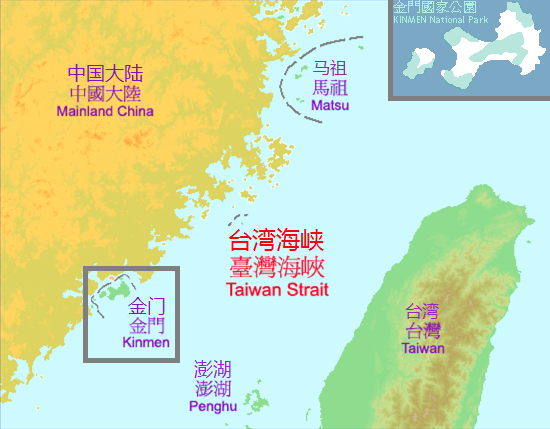What We All Need Is Tri-Sector Leadership!

As I mentioned beforehand, I’m personally feel that Japan needs so-called “Tri-sector leadership”, which my friend in Toronto, Matthew Thomas, initiates. Just after having attended this year’s meeting of Trilateral Commission in Seoul, he got back to me online and asked me to take a look at a part of his transcript which is to be published by Oxford University Press. I’ve been beginning to read it through and give some thoughts to myself based on ideas Matthew tries to express in his new book.
Well, I strongly advocate this “Tri-sector leadership” in the Japanese society, since it’s obviously needed to innovate Japan towards the next phase in an effective way. The number of leading personalities is always limited and not enough to combat all the issues the globe faces. Those who are born-leaders and capable of leading the society should immediately try to go beyond borders of their own sectors.
Japan has been stuck since 1990s, even though so-called “power leaders” emerged one after another. From my viewpoint, these “power guys” have never showed the “Tri-sector leadership” as follows:
-These “power guys” since 1990s in Japan were originated from either politics or mass media and selected as such because of their harsh criticism vis-à-vis bureaucracy. They always love to blame the bureaucracy for collapse of the Japanese economy, even though they’ve been hunting for concessions in the Japanese political and economic structure after the WWII.
-The Japanese bureaucrats are per se terribly solution-oriented and capable of thinking in the long-term. What they are in lack of, is accountability to the civil society. For their understanding, the civil society consists of those who are excluded from elites’ world because of their ideological tendency. For them, the rest of the Japanese society can’t help just following their legislation and measures, because they are immensely “smart”.
-Nobody in Japan could exactly understand what “civil society “ should be, since almost all parts of her society totally depends on political and economic concessions made with legislation in the Diet by politicians, bureaucrats and leadership of big corporates. For the oppositions, there were only two ways to survive left: Either attack this iron triangle of Japanese power elites’ until the former would be socially eliminated. Or corporate with the latter secretly, even though they pretended as if they were real oppositions. Things were dramatically changed, when the East Japan Great Earthquake occurred in March 2011. The triangle of power elites’ paralyzed and even tried to escape from disasters while abandoning people on the street. Spontaneously, genuine “civil” leaders from various fields started to connect friends and colleagues with each other and to give disaster relief. In this regard, “2011” is the first year of civil society in Japan.
-Last but not least, we can’t forget the typical anti-authoritarian culture of Japanese entrepreneurs from the age of dot com bubble. Except for some successful young leaders of “new economy” such as Hiroshi MIKITANI of Rakuten, they are always described as “challenger to the previous regime” by Japanese mass media. To get more and more popular to make much more profits, they always love to attack the conventional power elites in Japan. After this phenomenon has reached a certain tolerable limit, one of these leading entrepreneurs was arrested and legally punished. His name is Takafumi Horie, so-called “HORIEMON”. Although they’re talented to lead the new economy online, they’re in lack of capability to show long-term visions and integrate those who think differently. Young generations in Japan, who are unconsciously excluded from legacy of Japan’s past with prosperity and happiness, aggressively support these entrepreneurs.
In short, there is unfortunately only a small room for the Japanese society to enjoy the “Tri-sector leadership”, as long as the status quo remains. What we Japanese need is two things: Feeling of destiny and synchronicity without selfishness, and a significant event which forces all the Japanese to become aware of that. Otherwise, they will continue to divide themselves and fight against each other without taking care of big and irreversible trends the globe faces.
At the dawn of this kind of “X-Day” in Japan, I will keep myself prepared for the moment of the truth. The day is approaching…






